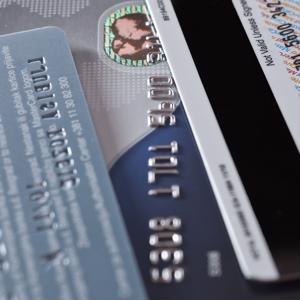Top five factors impacting a merchant's effective real rate to accept card payments

Understanding your effective real rate is the key to identifying the most cost-effective payment services provider. Your effective real rate measures the total cost of all processing fees and can be calculated by dividing the total merchant charges and fees over a given amount of time by the total bank card sales volume over that same amount of time. The only way to ensure you have the best effective real rate is to understand what factors into determining this rate.
Here are the top five factors impacting real rate:
Your industry: Merchants have different real rates depending on their industry. For example, retail, hospitality, education, the restaurant industry and B2B sales all have different real rates.
Card types accepted: There are a growing number of card types in the … more



